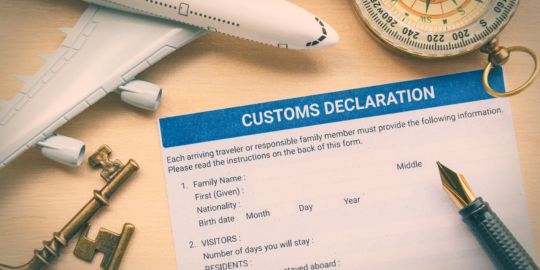SSSnoopz wrote:Your wife would neither be a citizen nor a permanent resident unless she applies for simplified naturalization herself (if she's eligible). But once you are a Hungarian citizen, you are entitled under EU law to bring your dependents (wife, kids, etc) anywhere you go in Europe. She will have the right to work in whatever EU country you move to.
The first sentence is incorrect - simplified naturalization does not give permanent residency.
 I tried searching the National Archives but since the location isn't present day Hungary would they even have the document I'm looking for? I can provide a link to the indexed record on Familysearch but I need help finding a place where I can request an official copy.
I tried searching the National Archives but since the location isn't present day Hungary would they even have the document I'm looking for? I can provide a link to the indexed record on Familysearch but I need help finding a place where I can request an official copy.









